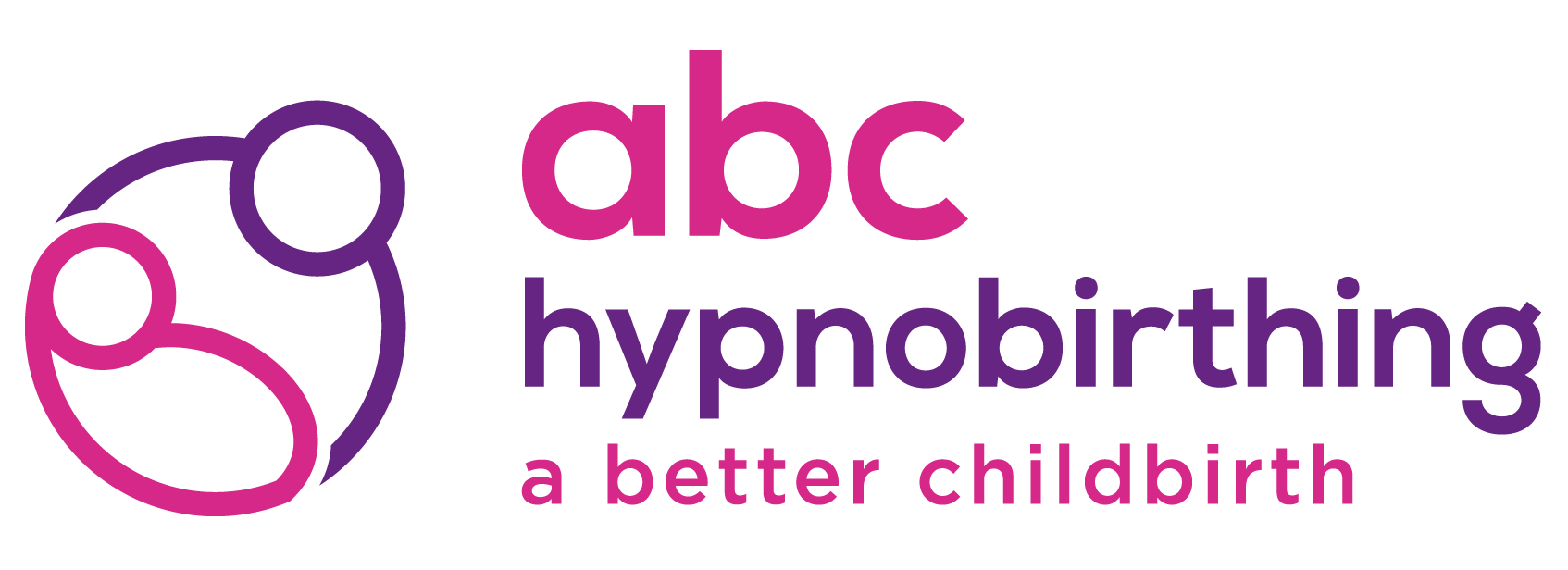February 19, 2025
Managing Morning Sickness
Tips for a smoother pregnancy
Ladies if you are pregnant and experiencing morning sickness I feel your pain! I really struggled with this in my second pregnancy, spending many of my days horizontal feeling very fed up. I know firsthand how tough morning sickness can make your pregnancy journey so let’s take a look at morning sickness and what we can do to ease it.
For many pregnant women, morning sickness—characterized by nausea and vomiting—is one of the earliest and most challenging symptoms of pregnancy. Despite the name, morning sickness can strike at any time of the day or night.
Understanding Pregnancy Sickness
Morning sickness typically begins around the 6th week of pregnancy and peaks during the first trimester. The exact cause isn’t fully understood, but it’s likely related to hormonal changes—especially the rapid rise in human chorionic gonadotropin (hCG) and estrogen. In addition, heightened sensitivity to smells, a sensitive stomach, or stress may also contribute.
Knowing that nausea is a normal part of early pregnancy can help reduce stress and anxiety. For most women, symptoms improve by the start of the second trimester. However, a small percentage may experience it beyond that.
What can we do to help?
Fortunately, there are several ways to ease these uncomfortable symptoms and make your pregnancy journey smoother.
Eat Small, Frequent Meals
Rather than eating three large meals a day, try grazing throughout the day. Keeping something in your stomach can prevent it from becoming too empty, which often triggers nausea.
- Opt for small meals every 2-3 hours.
- Choose bland, easy-to-digest foods such as toast, rice, or crackers.
- Include protein and healthy fats to keep your blood sugar levels steady.
Stay Hydrated, But Strategically
Dehydration can worsen nausea, but drinking large amounts of water at once might make you feel more nauseous. Sip fluids throughout the day and aim for water, herbal teas, or clear broths. Some women find that cold beverages, like ice water or smoothies, are more tolerable.
- If vomiting is persistent, try electrolyte drinks or ice chips to replenish lost fluids and nutrients.
- Avoid drinking a lot of water during meals—space it out between meals instead.
For many women, morning sickness is one of the earliest and most challenging symptoms of pregnancy
Incorporate Ginger
Ginger is a natural remedy that’s been shown to reduce nausea for many pregnant women. You can incorporate ginger in various forms:
Ginger tea
Ginger ale (check for real ginger content)
Ginger candies or chews
Fresh ginger in meals or smoothies
Experiment with Smells and Flavours
Some women find certain smells and flavours particularly soothing. Peppermint or lemon can be refreshing and calming:
- Sip on peppermint or lemon tea.
- Keep peppermint or lemon essential oils on hand (but always ensure the oils are pregnancy-safe).
- Suck on lemon-flavored candies or chew mint gum if you’re on the go.
On the flip side, identify and avoid triggers—whether it’s the smell of certain foods, perfumes, or household products. Keeping your home well-ventilated and using natural, unscented products can help minimize reactions.
Get Plenty of Rest
Fatigue can make nausea worse. If you’re feeling particularly nauseous, listen to your body and rest. Taking short naps during the day or simply resting in a quiet room may reduce symptoms.
Make sure you:
- Sleep at least 7-9 hours a night.
- Elevate your head with pillows while resting to prevent acid reflux, which can aggravate nausea.
- Avoid any stressful or overwhelming situations that might make you feel worse.
Try Vitamin B6 and Supplements
Vitamin B6 (pyridoxine) has been shown to help reduce nausea in some pregnant women. It’s available as a standalone supplement or is often included in prenatal vitamins. Before starting any new supplements, consult with your healthcare provider to ensure it’s safe for you and your baby.
Your provider may also suggest taking prenatal vitamins with food or just before bed to avoid nausea caused by the pills themselves.
Acupressure Bands
Wrist acupressure bands, commonly used for motion sickness, can sometimes offer relief from nausea. These work by applying pressure to a specific point on the wrist (the P6 point), which is believed to help control nausea and vomiting.
You can find these bands online or at most drugstores. Some women experience relief from consistent wear, while others may only need them at certain times of day.
Medication Options
If lifestyle adjustments aren’t providing enough relief, your doctor may recommend medication to help manage your symptoms. Safe options often prescribed include:
Antihistamines: like doxylamine (often found in Unisom)
Vitamin B6 supplements: used alone or in combination with doxylamine
Prescription anti-nausea medications: such as ondansetron or metoclopramide
Always consult with your healthcare provider before starting any medication to ensure it’s safe for your pregnancy.
When to Seek Medical Help
While nausea and vomiting are common, excessive vomiting can lead to dehydration, weight loss, and electrolyte imbalances, a condition known as hyperemesis gravidarum. If you are:
- Unable to keep fluids down for more than 24 hours
- Experiencing weight loss
- Feeling faint, dizzy, or severely dehydrated
Contact your healthcare provider immediately. You may require IV fluids or additional treatment to help manage these severe symptoms.
Final Thoughts
Morning sickness can make the early stages of pregnancy difficult, but it is typically a temporary condition. Experiment with different remedies to find what works best for you, and always consult your healthcare provider if symptoms become severe. With a little patience and the right strategies, you can manage morning sickness and make the most of your pregnancy journey.
By caring for your body, staying hydrated, and resting when needed, you’ll be better equipped to handle the ups and downs of this exciting time.
Jenna x
Explore the A Better Childbirth course options
& find out how ABC Hypnobirthing can support you
